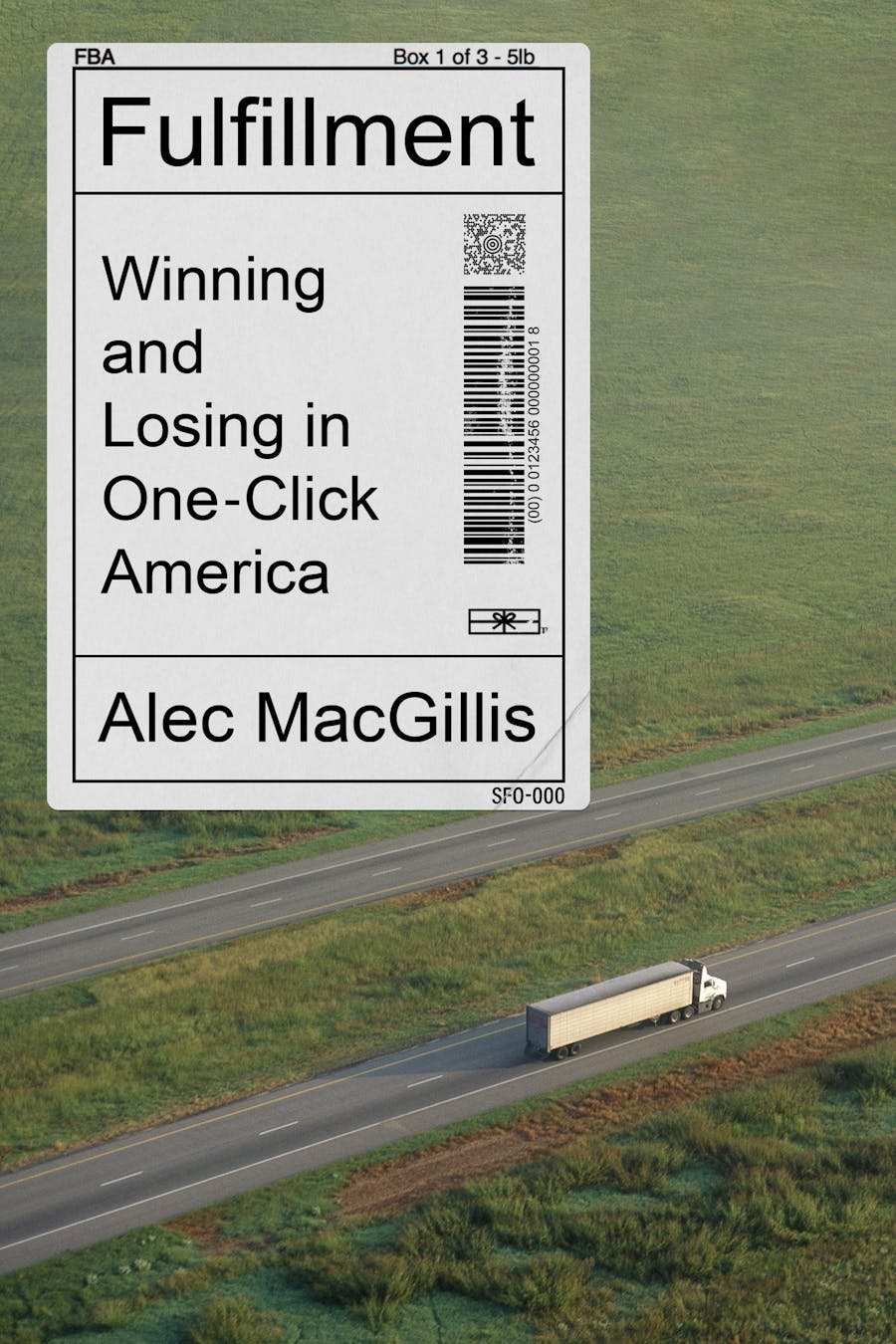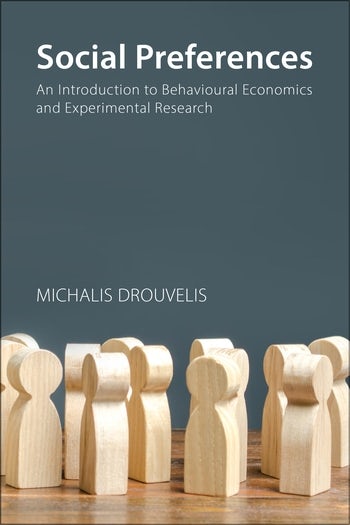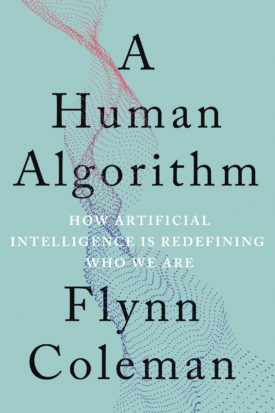12 d’abril 2022
11 d’abril 2022
10 d’abril 2022
09 d’abril 2022
08 d’abril 2022
DouDNA
The Code Breaker. Jennifer Doudna, Gene Editing, and the Future of the Human Race
An absolute must read!
07 d’abril 2022
Data & Society
This publication is intended to be a non-exhaustive syllabus organized around a series of teachable or debatable claims concerning the influence institutions of authority have on how data and numbers are created, as well as how that information is used by the datafied state to make fundamental decisions about democratic policy and process.
Official numbers are the foundation upon which modern societies trust data. An official number is different from any other number because it’s given with authority and always there for the taking. Official data sets come out of bureaucratic and corporate offices and are imbued with the authority of those in power.
Six key arguments that center on the authority of data:
- Modern societies are built to trust in official numbers (they even let official numbers make key decisions);
- Official numbers are made, not found;
- We forget that official numbers have to be made even when things are going well;
- Institutions make public data and they make data public;
- Official numbers are political; and
- Consensus on official numbers requires work.
06 d’abril 2022
05 d’abril 2022
04 d’abril 2022
03 d’abril 2022
02 d’abril 2022
01 d’abril 2022
We are all behavioral economists right now (2)
Psychology and Behavioral Economics. Applications for Public Policy
Chapter 5. Health behavior and decision-making in healthcare
31 de març 2022
Addiction goods and innovation failure
When Innovation Goes Wrong: Technological Regress and the Opioid Epidemic
The medical use of opioids to treat pain will always involve costs and benefits, and the optimal level of opioid prescription is unlikely to be zero. The mistake that doctors and prescribers made in recent decades was to assume overoptimistically that a time release system would render opioids non-addictive. Thousands of years of experience with the fruits of the poppy should have taught that opioids have never been safe and probably never will be. The larger message of the opioid epidemic is that technological innovation can go badly wrong when consumers, professionals, and regulators underestimate the downsides of new innovations and firms take advantage of this error. Typically, consumers can experiment with a new product and reject the duds, but with addiction, experimentation can have permanent consequences.
A must read, by Cutler et al.














